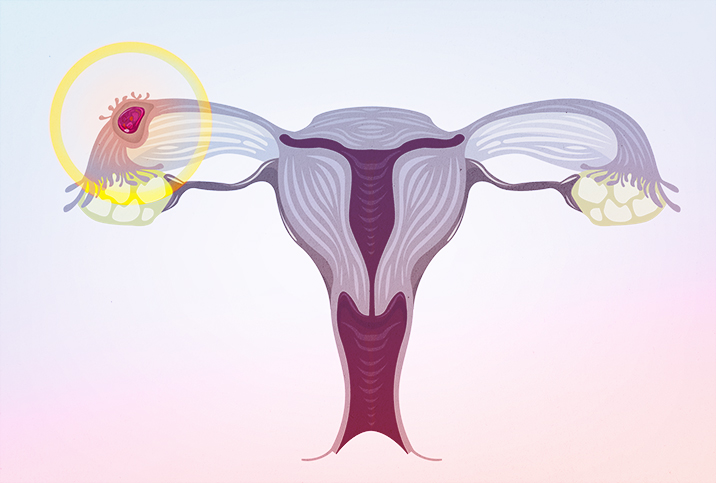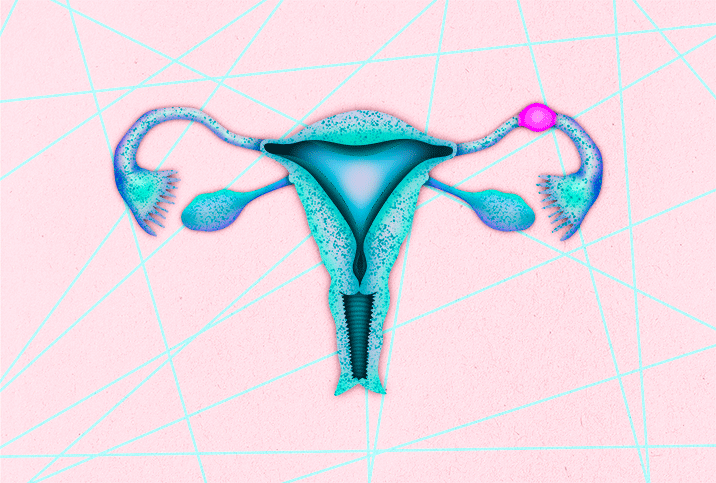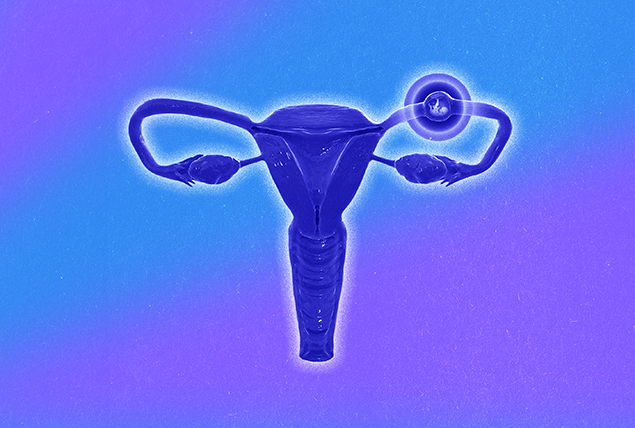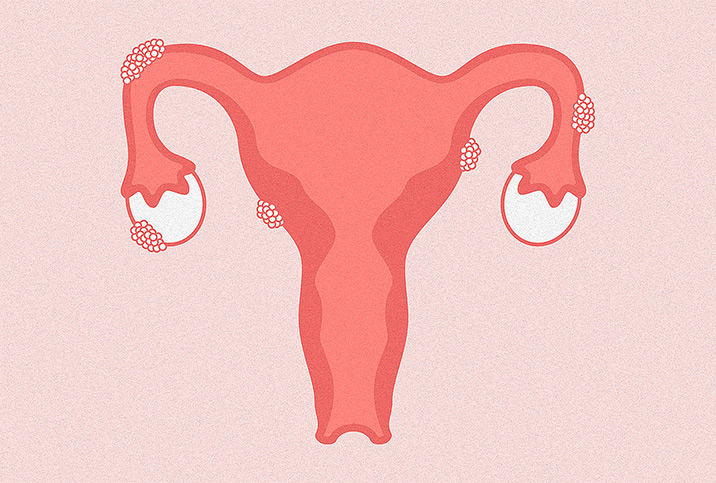Symptoms of Ectopic Pregnancy Vary—These Are the Warning Signs
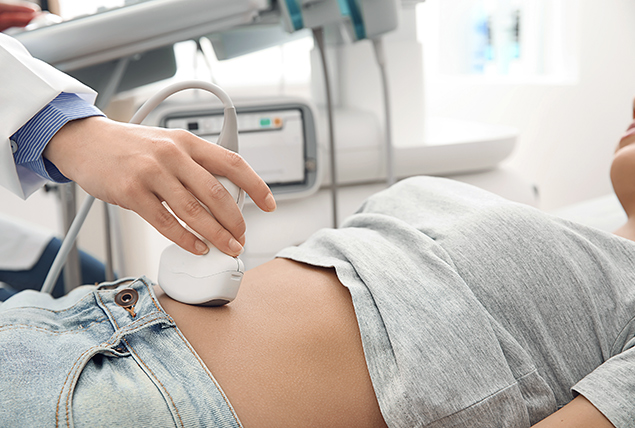
About 1 percent to 2 percent of pregnancies are ectopic, according to StatPearls, a medical database. An ectopic pregnancy—sometimes called a tubal pregnancy—occurs when a fertilized egg implants outside the uterus. This misplacement means a fetus will never develop.
If left untreated, an ectopic pregnancy can result in tissue growing large enough to burst open a fallopian tube. This causes life-threatening internal bleeding.
Knowing the symptoms of ectopic pregnancy is vital to catching the situation early. Prompt diagnosis and speedy treatment can prevent complications and help preserve fertility if desired.
Symptoms of ectopic pregnancy
Not everyone who gets pregnant develops or notices symptoms of ectopic pregnancy. For those who do, the signs surface about six to 10 weeks after the fertilized egg implants.
"The most common symptoms [are] pain on one side of the pelvis and bleeding," said Sarah Yamaguchi, M.D., a board-certified gynecologist at DTLA Gynecology in Los Angeles. However, those same symptoms can also occur with normal intrauterine pregnancies, she said.
How do you know if you're experiencing typical early pregnancy symptoms or signs of an ectopic pregnancy? Consulting a doctor is always best, especially if you have more than one of these common symptoms:
- Vaginal bleeding. People experiencing an ectopic pregnancy often notice light vaginal bleeding. Unfortunately, this symptom doesn't differ from standard early pregnancy bleeding, which affects about 25 percent of pregnant women.
- Pelvic pain. Again, Yamaguchi said pelvic pain could also occur in non-ectopic pregnancies. Ectopic pregnancy pain tends to be "persistent and severe and is often unilateral" (one-sided), according to research published in the Journal of Family Planning and Reproductive Health Care
- Stomach pain or nausea. Some women also experience abdominal discomfort, said Kecia Gaither, M.D., a board-certified OB-GYN and the director of perinatal services/maternal-fetal medicine at NYC Health + Hospitals/Lincoln in the Bronx, New York. This could be generalized abdominal pain or sudden, sharp pain. The location of ectopic pregnancy pain might differ depending on where the fertilized egg implants.
- Rectal pressure. Painful pressure when pooping—or an unusual urge to poop—can be a symptom of ectopic pregnancy, Gaither said. This more uncommon red flag can be caused by internal bleeding.
- Shoulder tip pain. In some cases, shoulder tip pain can indicate an ectopic pregnancy. This pain stands out because it's different from joint- or muscle-related shoulder pain. This unusual, acute discomfort is a red flag for internal bleeding, so call your doctor immediately if you notice it, especially if accompanied by other symptoms of ectopic pregnancy.
Emergency signs of ectopic pregnancy
If left to grow outside the uterus, a fertilized egg can eventually cause the fallopian tube to rupture. This happens anywhere from six to 16 weeks after implantation. As blood begins to fill the abdominal cavity, you can go into shock and die. A ruptured ectopic pregnancy is a medical emergency.
How do you know if an ectopic pregnancy has ruptured? Emergency symptoms include dizziness, sudden lightheadedness, fainting and shock.
Tests: What to expect at your appointment
An appointment to investigate a possible ectopic pregnancy won't be the same as a standard gynecology checkup. Gaither said an ectopic pregnancy diagnosis could include a combination of laboratory and radiological modalities.
Put simply, diagnosing an ectopic pregnancy requires more than one test:
- Physical exam. A physical exam is just the starting point for identifying an ectopic pregnancy. Typically, it involves checking heart rate and blood pressure. Next, the doctor checks the abdomen and pelvic region for tenderness or pain. The internal pelvic portion of the exam helps the doctor identify any masses and check the cervix, which softens and rises higher during early pregnancy.
- Pregnancy test. Even with an ectopic pregnancy, a pregnancy test is necessary to confirm that you're pregnant. You will repeat this test after a few days to assess how much your hormone levels change. In a normal pregnancy, levels of human chorionic gonadotropin (hCG) double about every 48 hours, Yamaguchi explained. "If the number does not double, it is likely an abnormal pregnancy," she said.
- Ultrasound. Your doctor will likely order a transvaginal ultrasound to see where the egg is implanted. This test can feel invasive because it requires the ultrasound device to be placed inside the vagina. An abdominal ultrasound might also be necessary to check for internal bleeding.
"If we see a mass on one ovary and blood in the pelvis on ultrasound, it is suspicious," Yamaguchi said. "If we see a pregnancy implanted outside the uterus with a heartbeat, then we are sure it's an ectopic pregnancy, but that is more rare."
Once your doctor diagnoses an ectopic pregnancy, you might get additional lab work to rule out blood loss or other secondary issues. Since a fertilized egg can't thrive outside the uterus, the doctor will also discuss your options for removing the ectopic tissue. Treatment might include medication or surgery.












